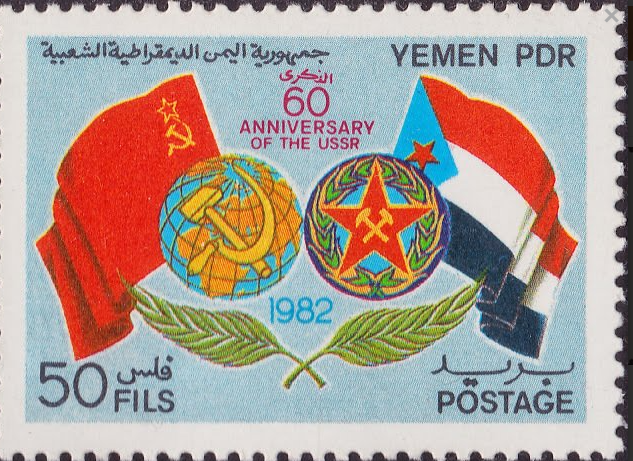 |
| The closure of USAID has impacted activism and community development worldwide | AI-Generated Picture |
About two years ago, I had plans to raise funds to turn Berdunia.com into a professional and independent online media platform.
At first, I thought about pitching my idea to venture capital firms that typically fund startups. However, a friend who worked at my university’s business incubator told me that investors were becoming more hesitant to fund media companies.
The reason? Mass media businesses don’t generate big profits nowadays, and investors worry that if the outlets they support publish content critical of the government or unpopular with the public, their own businesses could be at risk.
Even though Indonesia is a democracy, freedom of speech isn’t always guaranteed. There are still laws, norms, and ethical considerations that can limit how freely we express ourselves without running into legal trouble.
My friend suggested trying crowdfunding instead, but I knew that would be tough. Indonesians aren’t really used to donating money for creative projects or business ventures. People are far more likely to contribute to things like medical aid for the underprivileged or building places of worship.
Then, in April of that same year, USAID announced a training program for journalists, along with grants for independent media organizations. It seemed like the perfect opportunity to grow Berdunia.com.
But after going through the program’s requirements, my excitement quickly faded. Applicants had to commit to publishing inclusive content for sexual minorities, including LGBT.
Personally, I have no issue with the LGBT community—I strongly oppose discrimination and violence against them.
However, I don’t believe LGBT activism should be incorporated into every aspect of life. For example, I don’t think young kids should be exposed to such topics in school textbooks, or transgender is allowed to compete in women's sports.
Besides, Indonesia remains a semi-conservative society. Any media coverage related to LGBT issues would almost certainly face strong backlash. Publishing such content could make it even harder for a media startup to grow and reach a wide audience.
In the end, I decided to keep Berdunia.com as a blog. A year later, I switched to English-language content to avoid potential problems.
After Biden left office and Trump was sworn in for his second term, I hoped he would at least remove or soften the LGBT requirement from the grant program—especially for media startups in Indonesia.
But what happened was even more unexpected: USAID was permanently shut down.
A Great Shock
The closure of USAID sent shockwaves through Indonesia. For decades, this organization has made a significant contribution to Indonesia’s development, particularly in shaping a democratic society.
Many NGOs and volunteer organizations scrambled to find alternatives as they faced the loss of one of their biggest funding sources. Key initiatives—like disaster mitigation, coral reef restoration, tropical forest reforestation, and anti-corruption efforts—were suddenly at risk of being abandoned.
The Ministry of Health stated that it would seek new donors to fund healthcare programs previously supported by USAID. The organization had been instrumental in providing clean water, immunizations, and essential medicines to millions of underprivileged Indonesians for years.
 |
| USAID Partnership in Indonesia | Priyo Suhartono - Radar Blitar |
Several independent media outlets that had benefited from USAID grant programs are now at risk. This has sparked concerns among activists and academics about the future of Indonesia’s media ecosystem.
As I’ve mentioned before, independent media in Indonesia already face significant challenges due to legal risks and intimidation. Defamation laws and the Electronic Information and Transactions (ITE) Law are frequently used to drag journalists into court—and even put them behind bars.
Meanwhile, major media outlets—backed by unlimited funding—are usually owned by business tycoons or conglomerates with ties to politicians and elites. As a result, the news they publish is often biased and sometimes favors certain political groups.
Some of them often avoid covering critical issues in society, especially those that conflict with the interests of their owners. That’s why many issues only gain public attention after being reported by independent media or international branches such as BBC Indonesia and VOA Indonesia.
This has positioned independent media as the "third eyes" of society, bringing attention to issues that seem to escape mainstream coverage—or perhaps are deliberately concealed.
USAID’s role in the development of independent media in Indonesia went beyond financial support—it also provided protection.
As an organization backed by a global superpower, USAID had the influence to safeguard the journalists under its wing, particularly investigative reporters who uncovered high-level scandals or white-collar crimes involving prominent figures.
Those who felt threatened by such sensitive reporting were, of course, furious. However, as long as USAID stood behind these journalists, they would think twice before seeking revenge.
 |
| AMSI Award: A prestigious recognition from USAID, Indonesian Cyber Media Association (AMSI), and Internews for independent online media in Indonesia | Intermedia Nusantara |
USAID regularly supported investigative journalism training for independent media in Indonesia. In 2019, for example, they held a workshop for journalists on investigating corruption cases, working alongside the Alliance of Independent Journalists Indonesia (AJI) and several NGOs.
Trump’s decision to shut down USAID sent waves of disappointment through those who had tirelessly devoted themselves to serving the public good. And that makes me really worried.
Still, despite losing a key source of support, they refuse to back down. Their commitment remains unwavering, determined to continue the fight they started years ago.
But with funding in disarray and a lack of protection, how long can they keep going?






Social Plugin